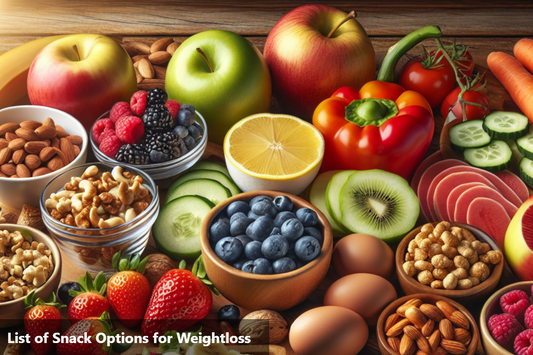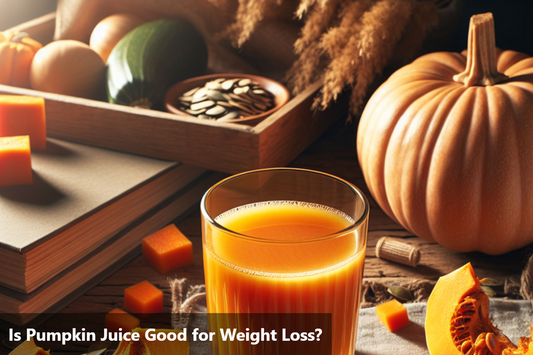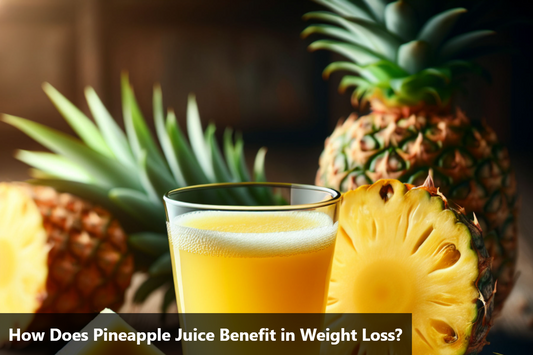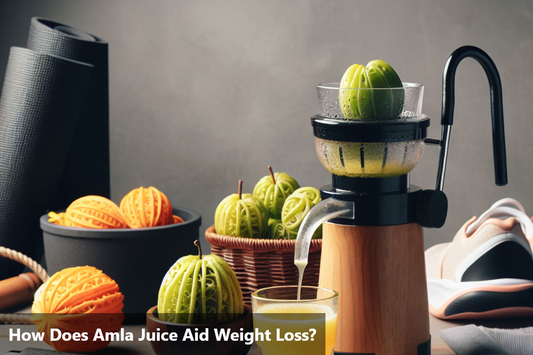Are you looking to lose weight and improve your overall health? You may have heard about the diet that restricts carbohydrates, which has recently gained popularity. But what exactly is this diet, and can it help you lose weight? In this article, we'll explore the basics of this diet and its potential benefits for weight loss.
What is a Low-Carb Diet?
RephraseA diet that restricts carbohydrates is a diet that limits the amount of carbohydrates you consume, typically to less than 20-50 grams per day. This is significantly lower than the daily recommended carbohydrate intake, which is around 225-325 grams per day for a 2,000 calorie diet.
What Can You Eat on a Low-Carb Diet?

A low-carb diet typically focuses on whole, unprocessed foods that are low in carbohydrates.
This includes:
- Meat (beef, chicken, pork, etc.)
- Fish and seafood
- Eggs
- Non-starchy vegetables (leafy greens, broccoli, cauliflower, etc.)
- Nuts and seeds
- Healthy fats (avocado, olive oil, coconut oil, etc.)
Foods that are high in carbohydrates, such as grains, starchy vegetables, and sugary foods, are limited or avoided on a low-carb diet.
Can a Low-Carb Diet Help You Lose Weight?What Can You Eat on a Low-Carb Diet?
The short answer is yes, a low-carb diet can help you lose weight. Here's how:
Reduced Calorie Intake
One of the main reasons why people lose weight on a low-carb diet is because it naturally reduces their calorie intake. By limiting or avoiding high-carb foods, you are also cutting out a significant source of calories from your diet.
Additionally, protein and fat tend to be more satiating than carbohydrates, meaning they keep you feeling full for longer. This can lead to a natural reduction in calorie intake without feeling hungry or deprived.
Increased Fat Burning
As mentioned earlier, a low-carb diet can put your body into a state of ketosis, where it burns fat for energy instead of glucose. This can lead to increased fat burning and weight loss.
Reduced Water Weight
When you restrict carbohydrates, your body uses up its stored glycogen, which is stored with water. This can lead to a significant initial weight loss, as much as 5-10 pounds in the first week. However, this weight loss is mostly water weight and not fat loss.
Improved Insulin Sensitivity
Insulin is a hormone that regulates blood sugar levels and plays a crucial role in fat storage. When you eat a high-carb diet, your body produces more insulin, which can lead to increased fat storage. By limiting your intake of carbohydrates, you can improve your insulin sensitivity and potentially reduce fat storage.
Potential Drawbacks of a Low-Carb Diet
While a low-carb diet can be an effective way to lose weight, it may not be suitable for everyone. Here are some potential drawbacks to consider:
Nutrient Deficiencies
By limiting or avoiding certain food groups, such as grains and starchy vegetables, you may miss out on essential nutrients. It's important to ensure that you are still getting a variety of nutrients from other sources, such as non-starchy vegetables, nuts, and seeds.
Difficulty Sustaining Long-Term
A low-carb diet can be challenging to sustain long-term, especially if you are used to eating a high-carb diet. It may require significant changes to your eating habits and can be challenging to stick to in social situations or when dining out.
Potential Side Effects
Some people may experience side effects when transitioning to a low-carb diet, such as headaches, fatigue, and constipation. These side effects are usually temporary and can be managed by staying hydrated and ensuring you are getting enough electrolytes.
Tips for Success on a Low-Carb Diet
If you're considering trying a low-carb diet for weight loss, here are some tips to help you succeed:
Plan Your Meals

Planning your meals ahead of time can help you stick to your low-carb diet and avoid making impulsive food choices. This can also save you time and money in the long run.
Focus on Whole Foods
While there are many low-carb processed foods available, it's best to focus on whole, unprocessed foods for optimal health and weight loss. These foods are typically more nutrient-dense and can help you feel more satisfied.
Many people find that a low-carb diet can be effective for weight loss. In addition to focusing on whole, unprocessed foods, there are a few more tips that can help you on your weight loss journey.
1. Include Protein: Protein is an essential nutrient that can help you feel full and satisfied. Include lean sources of protein such as chicken, fish, tofu, or legumes in your meals. Try our protein powder for cooking.
2. Choose Healthy Fats: While it's important to reduce your carb intake, it's also important to include healthy fats in your diet. Avocados, nuts, seeds, and olive oil are all excellent sources of healthy fats that can help keep you satisfied and provide essential nutrients.
3. Be Mindful of Portions: Even on a low-carb diet, portion control is important. Be mindful of how much you are eating and listen to your body's hunger and fullness cues.
4. Limit Added Sugars: It's important to be aware of hidden sugars in processed foods. Read labels carefully and try to limit your intake of added sugars as much as possible.
By incorporating these tips into your low-carb diet, you can enhance your weight loss efforts and improve your overall health. Remember to consult with a healthcare professional or registered dietitian before making any significant changes to your diet.
Stay Hydrated
Drinking enough water is essential for overall health and can also help with weight loss. Aim to drink at least 8 glasses of water per day, and more if you are physically active.
Be Patient
Weight loss takes time, and it's essential to be patient and consistent with your low-carb diet. Don't get discouraged if you don't see immediate results, and remember that slow and steady progress is more sustainable in the long run.
Real-Life Success Stories
Many people have had success with weight loss on a low-carb diet. Here are a few real-life success stories:
Alpine Ice Hack Weight Loss
Alpine ice hack weight loss is a popular low-carb diet that has helped many people lose weight and improve their health. One success story is from a woman named Sarah, who lost over 100 pounds on the diet. She credits the low-carb diet for helping her overcome her sugar addiction and improve her overall health.
Weight Loss Gummies
Weight loss gummies are another popular low-carb diet that has helped many people lose weight. One success story is from a man named John, who lost over 50 pounds on the diet. He found that the gummies helped him stay on track with his low-carb diet and made it easier to resist cravings for sugary foods.
Is a Low-Carb Diet Right for You?
A low-carb diet can be an effective way to lose weight and improve your overall health. However, it may not be suitable for everyone, and it's essential to consult with a healthcare professional before making significant changes to your diet.
If you do decide to try a low-carb diet, remember to focus on whole, unprocessed foods, stay hydrated, and be patient with your progress. With consistency and dedication, you may find that a low-carb diet can help you achieve your weight loss goals.
This Blog post is an initiative by DiabeSmart, to provide accurate and Nutritionist / Doctor approved information related to Diabetes. DiabeSmart is India's first Food brand designed specifically for Diabetics, that has been clinically tested on Diabetics and Pre-Diabetics to deliver 55% - 70% lower Sugar spikes. DiabeSmart is part of Lo! Foods - India's leading brand for Everyday Functional Health foods.







